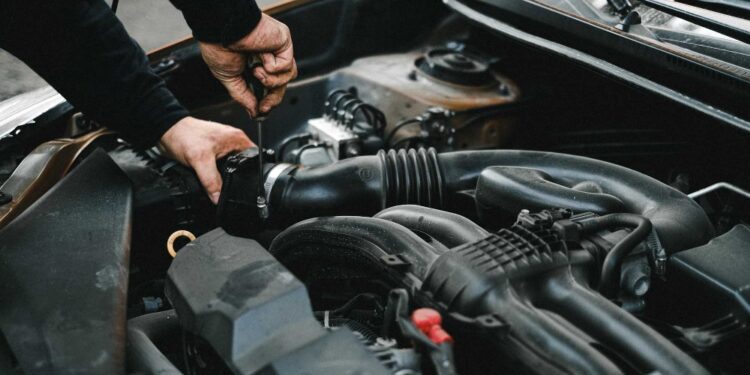WARRANTY BATTLES: OEM VS. AFTERMARKET

Your goals for the automobile are big. However, you should avoid activities that may cause the manufacturer’s guarantee to be nullified.
So, what are you going to do to safeguard your warranty?
you can’t help but wonder whether you should be using aftermarket components. Will the warranty on my vehicle be voided if I modify it in any way? In short, the answer is negative. But brains are required. Find more info about aftermarket car parts
1.your warranty administrator is not your friendly neighborhood uncle.
You and the automobile manufacturer have entered into a legal agreement known as the factory warranty. In exchange for your agreement to keep your automobile in good condition, they will cover the cost of any necessary repairs. If you fail to fulfill your obligations, the guarantee will be null and void.
2. there’s no need to be paranoid.
I know how much you love working on your automobile to make it even better. And you insist on going against the grain. Adding in replacement components!
There’s no need to throw up the towel on your car’s manufacturer warranty just yet.
Good news: It’s quite unlikely that a vehicle dealership would let you out of your warranty completely. They can only do so under a set of very unusual conditions.
that is :
- Salvage title
- Environmental damage
- Odometer tampering
- Vehicle misuse
Unless your automobile was written off, you’re safe to drive again.
3. be ready for any hiccups with your warranty.
Your guarantee may be nullified in part. Also, I compiled a list for that purpose.
- Neglect
- Poor or contaminated fluids
- Alterations to Vehicles
If you modify your automobile, you might void the warranty. There is some truth to it. It also stands to reason.
If you’re careful and deliberate while making changes to your vehicle, you won’t have any problems with your warranty at all.
Or, at the very least, you’ll know what to expect in the way of warranty hiccups.
4. stay away from headaches whenever possible.
Is it possible to make “safe” changes to a car?
Predicting which auto components will break down is a task of frustration. Isn’t it conditional? As a result, recommending “safe” adjustments is challenging.
Getting your aftermarket components from trusted sources is a sensible move.
5. The dealer has the burden of evidence.
If a dealership informs you that installing a performance item nullifies your warranty, they are breaching the law.
Your warranty may still apply even if you install performance-enhancing aftermarket components. Unless the dealer can demonstrate that the aftermarket component caused the malfunction.
The dealer may charge you for diagnostic work if the cause of the malfunction is unclear. If the dealer cannot link the issue to the aftermarket component, they must pay for the diagnostic service again.
6. Confronting the Fallout
Several use patterns can partly invalidate your warranty. And it won’t be because the person in charge of your warranty has anything against you.
Before making any substantial changes to your automobile, you should think about the repercussions.
7. Keep tabs on automakers.
Take your complaint about the denial of your warranty claim up the line of command if you believe it was handled unjustly. If it doesn’t work, you may always contact the manufacturer or try another dealer.






